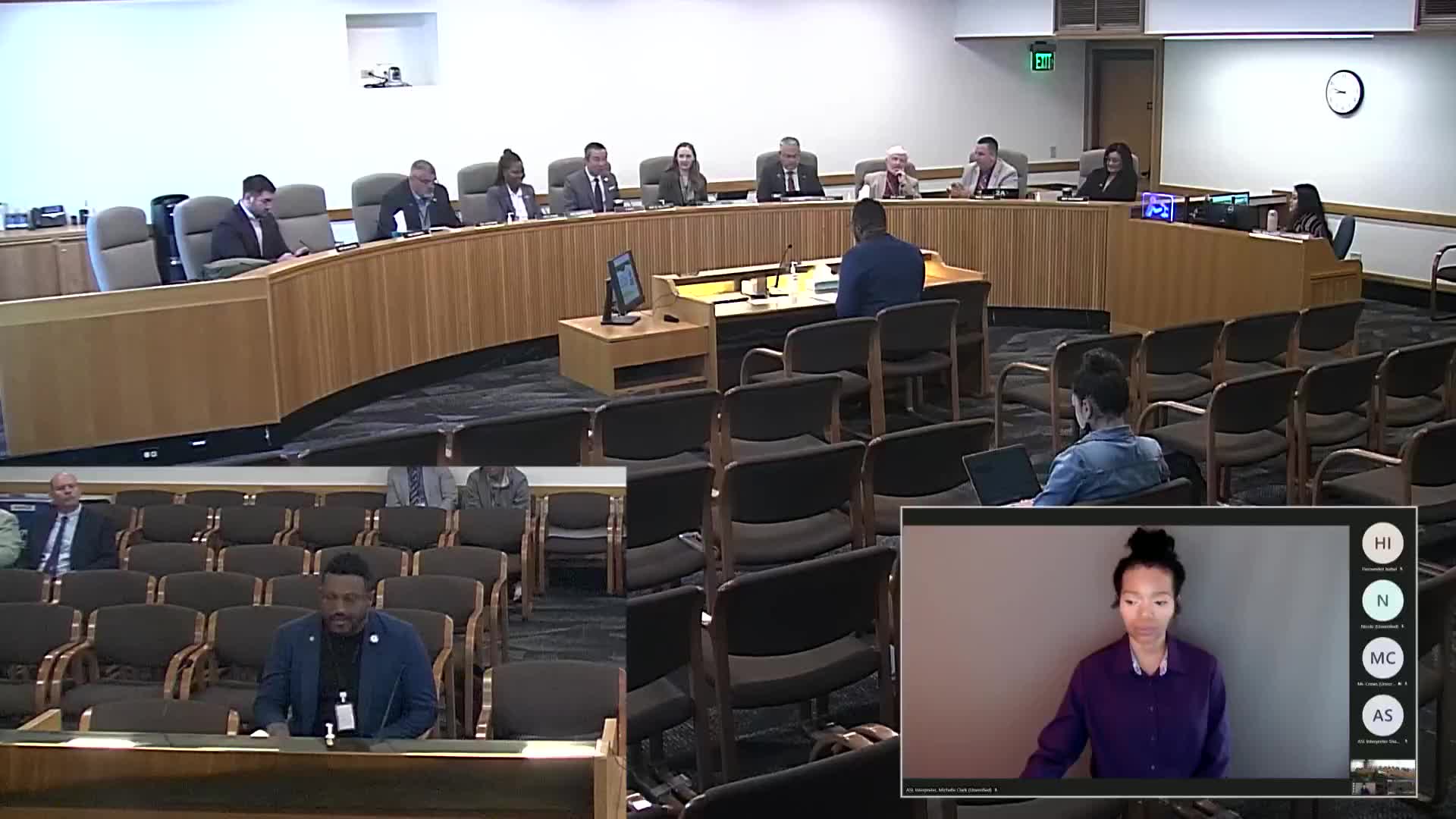Representatives and founders describe HB 3,790 proposal to certify cannabis health technicians
Get AI-powered insights, summaries, and transcripts
Subscribe
Summary
Representative Nelson and founders of Green Muse Academy described House Bill 3,790 as a workforce and equity measure to certify ‘cannabis health techs’ and expand trained retail staff following legalization, emphasizing apprenticeship-style training and a 2,000-hour curriculum vetted by colleges and clinical partners.
Representative Nelson introduced an informational presentation on House Bill 3,790 to the House Committee on Economic Development, Small Business and Trade on April 23, saying legalization without structural supports has not delivered equitable economic benefits and that the bill aims to incentivize dispensary participation in a certified cannabis health‑tech training program.
“Legalization alone is not justice,” Representative Nelson said, arguing that workforce development and targeted training will help Black- and brown‑owned businesses and expand opportunities in the industry.
The nut graf: advocates from Green Muse described a state‑registered training program that partners with Portland Community College (PCC) and other institutions, seeks to bridge the knowledge gap between medical and recreational markets, and would lead to a certified role (a cannabis health technician) after a 2,000‑hour training sequence.
Karanja Cruz, co‑founder of Green Muse Academy, told the committee the program is “the first cannabis health tech training program in the nation” registered through Future Ready Oregon and the Oregon State Apprenticeship and Training Council. Cruz said the academy ran a first educational cohort of 10 people with Prosper Portland support and plans to begin the 2,000‑hour training in September 2025.
Nicole Kennedy, co‑founder and a program lead, described the curriculum’s clinical grounding and the academy’s reliance on peer‑reviewed medical research and collaboration with clinicians. “We worked with a team of doctors who have specialized in cannabinoid medicine,” Kennedy said, and the partners provide vetted curriculum through PCC.
Committee members sought clarification on scope, oversight and certification authority. One representative asked whether the certification should come from a health agency rather than the OLCC; Cruz and Kennedy said the original draft incorrectly referenced OLCC and that the intended certifying body would be the Bureau of Labor and Industries (BOLI) under an apprenticeship/registered‑training model. “Once we go through the 2,000 hours training program…you are certified to become a cannabis health tech,” Cruz said.
Members also asked about medical claims and scope of practice. Program leaders emphasized that graduates would provide education — not medical diagnoses or formal treatment — and that the role would be comparable to other trained allied‑health roles such as medical assistants. “We are not medical doctors,” Cruz said. “All we can do is provide education to patrons.”
The presentation addressed equity goals: Representative Nelson and the founders said the program is intended to expand access to well‑paying industry jobs for people historically harmed by cannabis criminalization and to encourage dispensaries to hire trained staff.
Ending: This was an informational hearing; no action was taken. Advocates said they plan to return with formal legislation and that committee members expressed interest in clarifying certification authority, scope of practice and funding to support program rollout.
